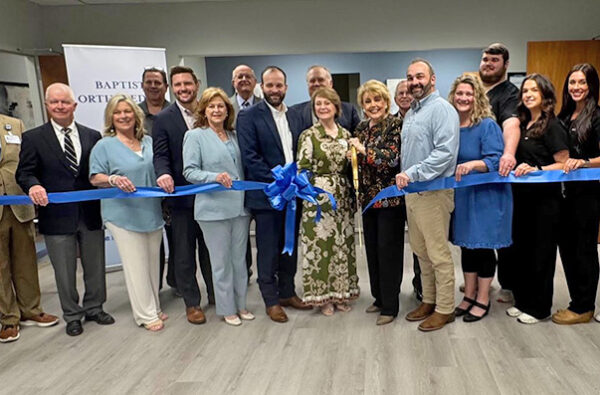A year ago, I wrote about opioid use policies some of our emergency departments adopted to protect patients from potentially addictive medications. Some people who get their first exposure to opioids through the ED have inadvertently become addicted as a result.
Baptist Memphis unveiled an “opioid light” policy in its ED last March. Their goals were to reduce the amount of opioids patients receive and to reset patients’ expectation for pain management.
To help reduce opioid usage, the hospital’s pharmacy team developed order sets that included non-opioid pain relievers for conditions like migraines, kidney stones and broken bones. These alternative medications are not addictive and can be more effective in relieving some types of pain. To manage patients’ expectations for pain relief, the entire team prioritized talking to patients about what medications they would receive and why.
Baptist Memphis’ opioid light program is a tremendous success. ED physicians and advance care providers are prescribing 60% fewer opioids, and half as many patients are receiving them. Most importantly, patient satisfaction with pain management has risen by 30 percent.
I commend Baptist Memphis’ ED team for these remarkable results. I truly appreciate the time and effort they and our other ED teams have spent creating and maintaining opioid policies. Your hard work is protecting patients, families and communities from the damaging effects of opioid addiction. Thank you for putting our patients first and working together in their best interest.
Have you seen the difference our opioid use policies have made? If so, let me know by emailing me, tweeting me @jason_m_little or finding me on LinkedIn.






